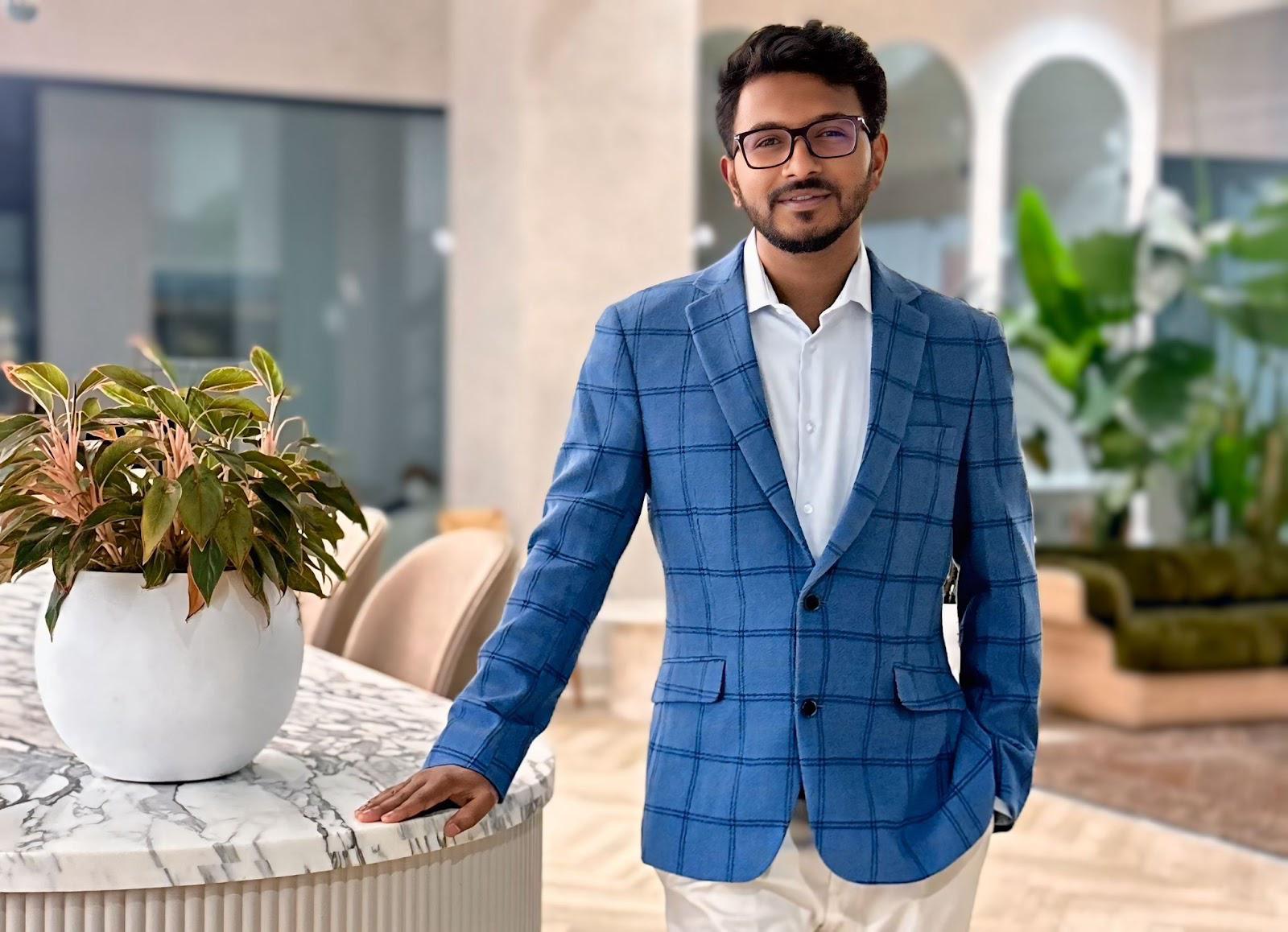We caught up with the brilliant and insightful Ajijul Hasan Surzo a few weeks ago and have shared our conversation below.
Ajijul Hasan , thanks for taking the time to share your stories with us today One of the toughest things about progressing in your creative career is that there are almost always unexpected problems that come up – problems that you often can’t read about in advance, can’t prepare for, etc. Have you had such and experience and if so, can you tell us the story of one of those unexpected problems you’ve encountered?
One of the most unexpected challenges I encountered was discovering how many filmmakers, from various countries and cultures, were making films without truly grasping the entire process. It was shocking at first. How could an industry operate with such incomplete knowledge?
In every city I worked in- from Dhaka to Kolkata and finally Los Angeles, I kept running into the same situation: passionate filmmakers who understood parts of the craft but rarely the whole structure. When I moved to LA and began learning the traditional professional process that Hollywood has followed for over a century, I honestly had to stop and think. I had to unlearn and relearn so much. For a time, I felt out of place. It seemed like everything I thought I knew needed a reset.
But that confusion became motivation. I didn’t want to just learn the system to get a job. I wanted to use that knowledge to create something lasting. That’s when the idea behind Craft Films LA turned into more than just a concept. I decided to lead by example and create a company that could bridge that gap- help filmmakers understand the entire process and give them the tools to succeed in their career.
That shift in mindset- from grappling with the unknown to mastering the process- has defined my journey. Now, I’m no longer afraid of problems because I understand how to solve them. To me, that is real leadership: knowing the system well enough to break the cycle and help others move forward with you.
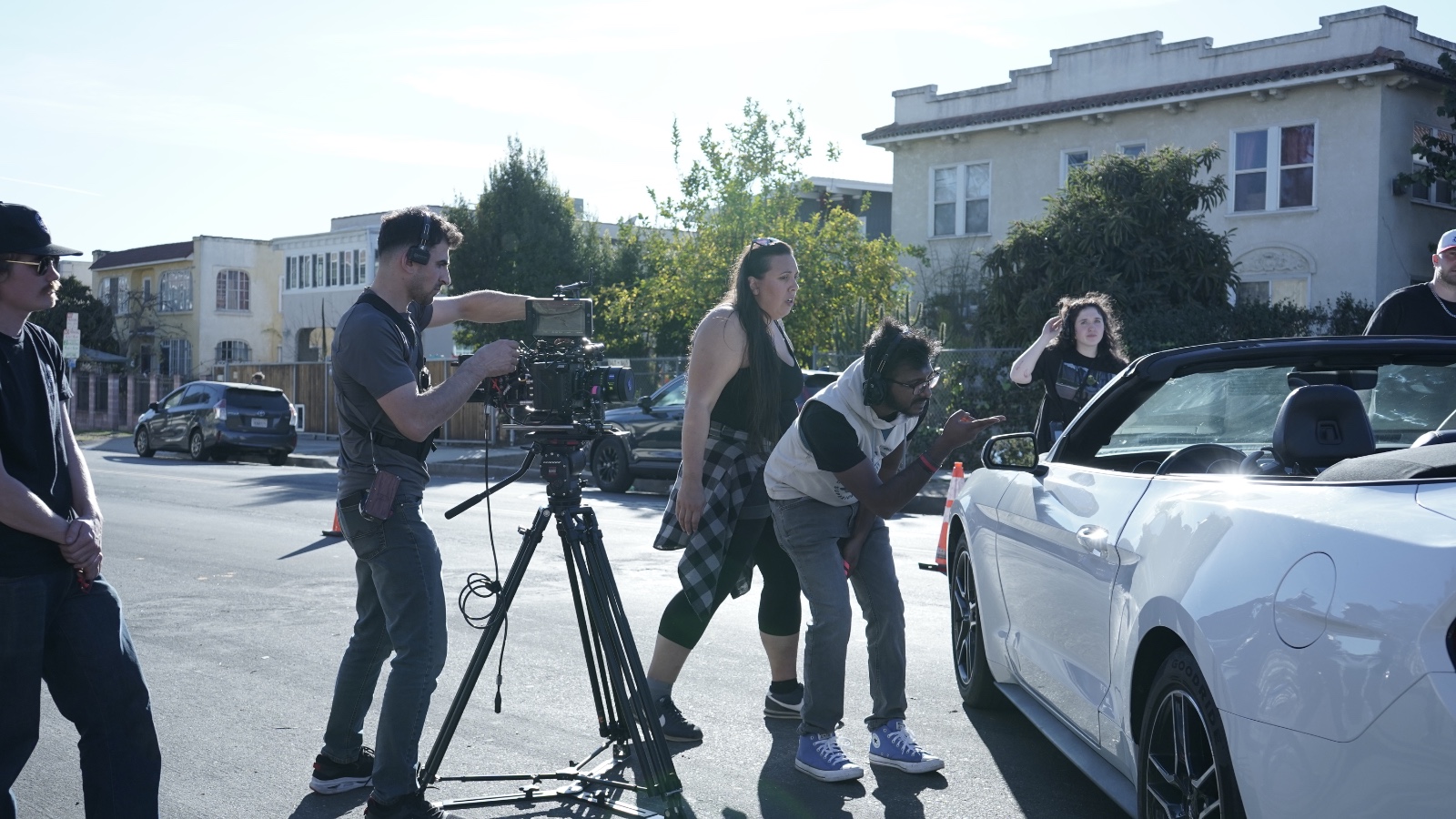
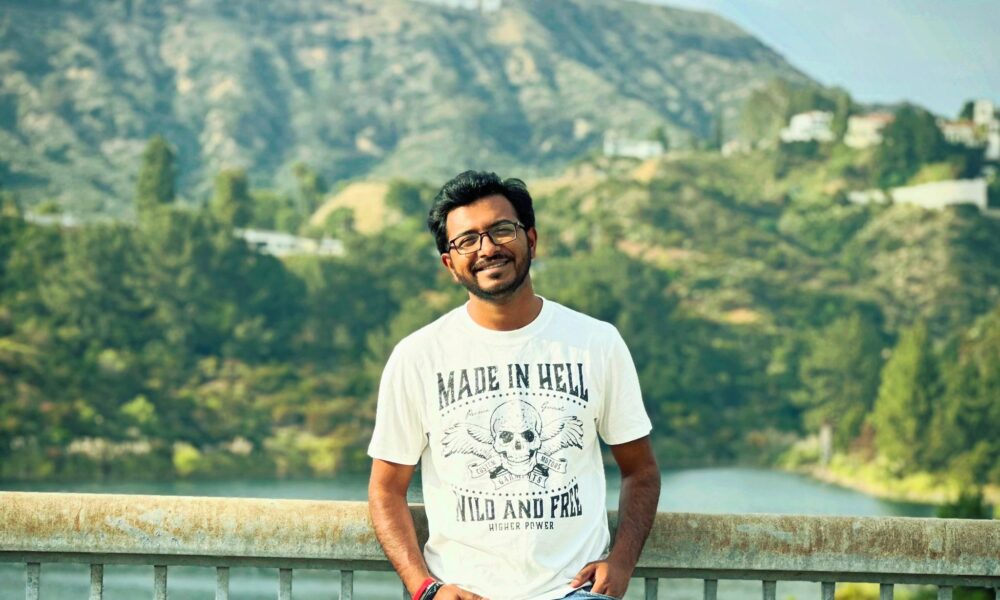
Awesome – so before we get into the rest of our questions, can you briefly introduce yourself to our readers.
I’m originally from a small town in Bangladesh. My journey into filmmaking began with a simple love for storytelling and visuals. Early on, I saw that many talented creators didn’t have access to the full process and structure of professional filmmaking. This motivated me to learn more, traveling from Bangladesh to India and then to Los Angeles. I studied everything from cinematography to production management.
Today, I run Craft Films LA, a production company that makes commercials, documentaries, music videos, and narrative films. What makes us different is our focus on mixing traditional filmmaking techniques with fresh, diverse viewpoints. We don’t just deliver content; we also help new filmmakers understand the industry and develop their skills.
I’m most proud of creating a space where creativity meets discipline. Here, new voices have real chances to grow. My goal is simple: to tell meaningful stories while empowering others to share their own.
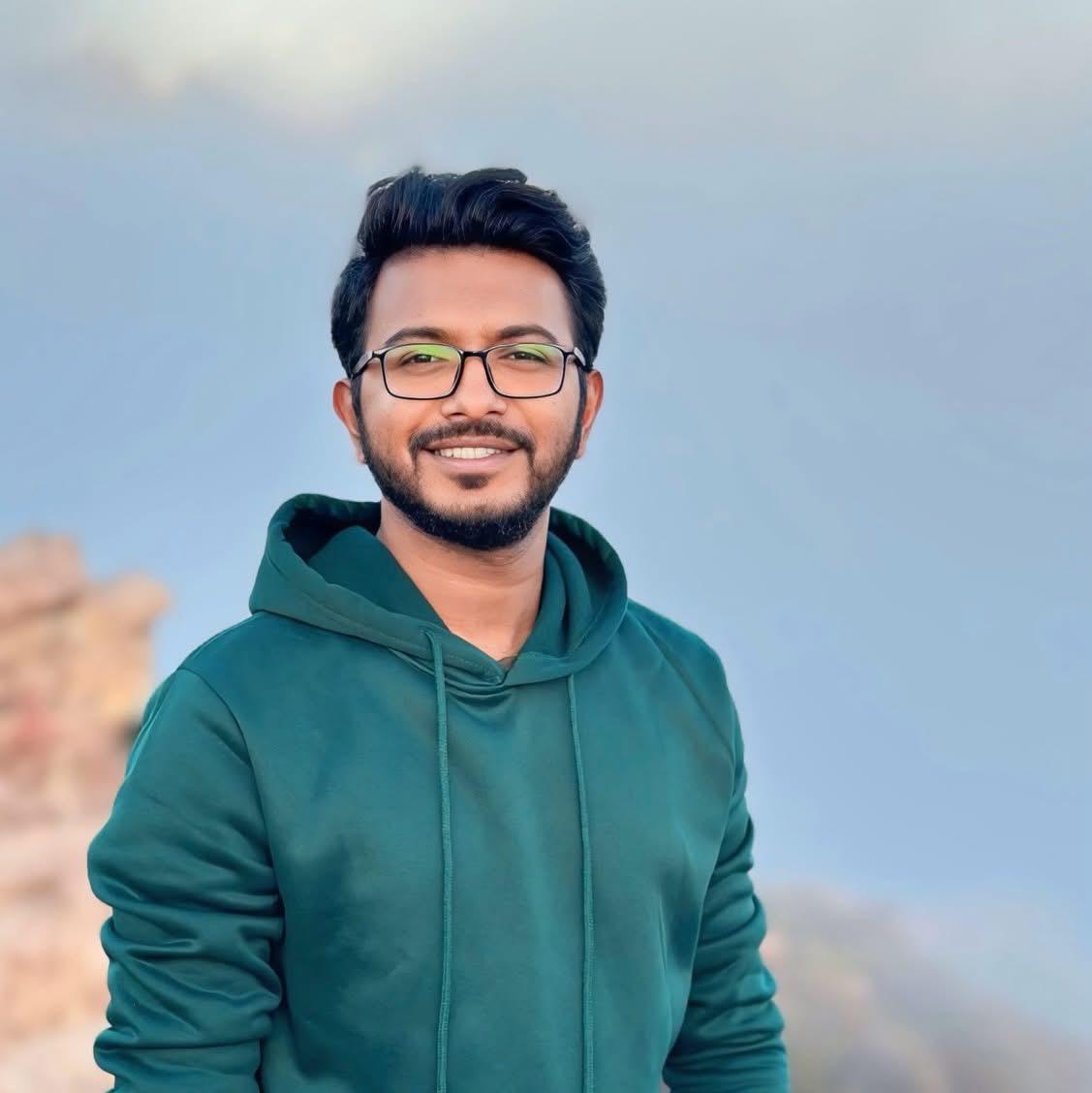
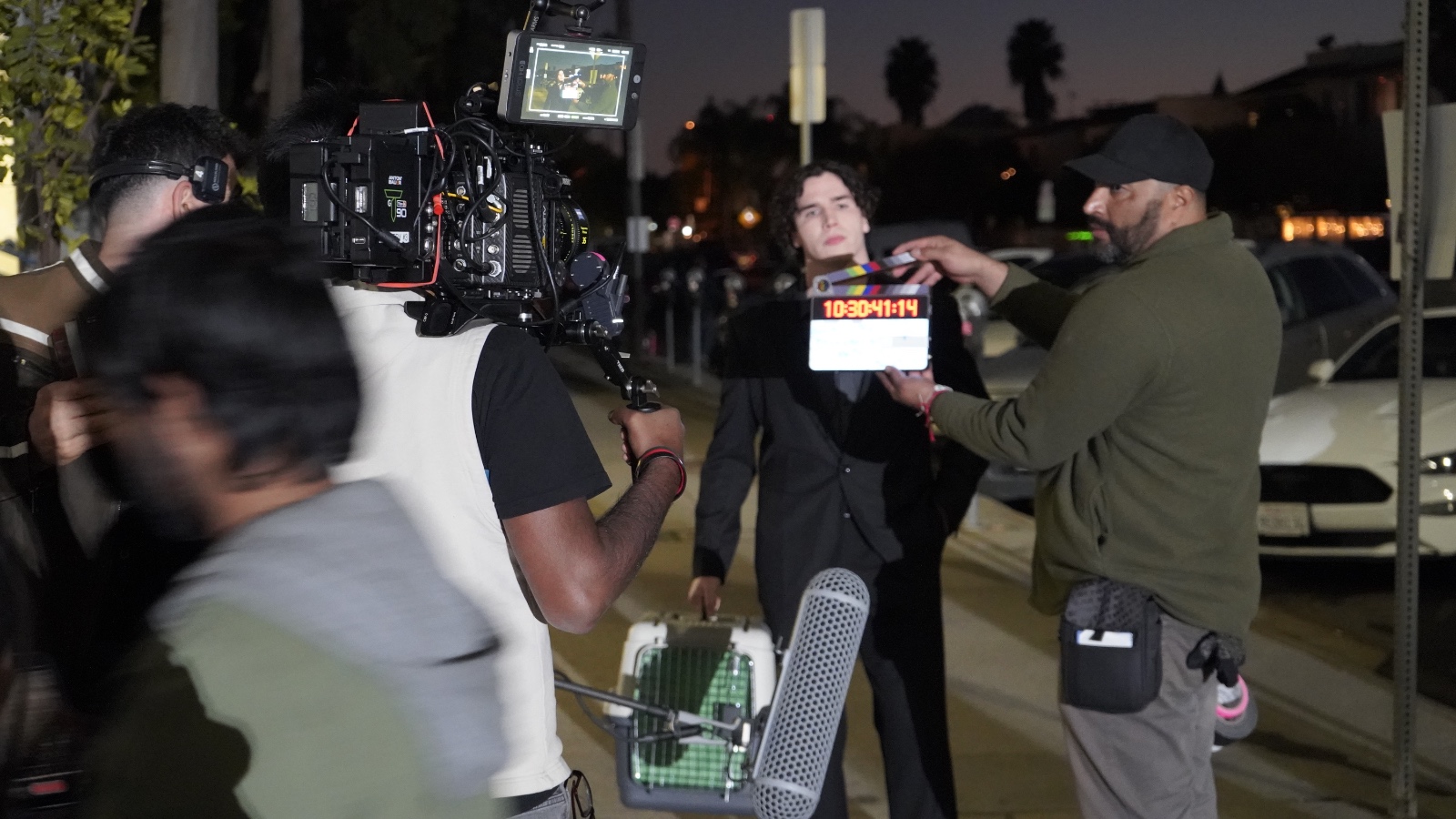
What do you find most rewarding about being a creative?
For me, the most rewarding part of being an artist is the unique power to turn human experiences into something real that others can feel, understand, and relate to. Art allows me to express what words alone cannot capture- the emotions, struggles, and hopes that connect us all. There is great joy in creating something that moves people personally, opens their eyes to new perspectives, or simply provides comfort and inspiration during tough times.
Being creative also means being open and brave. I share parts of myself that might be imperfect or raw, but they are meaningful. That connection between artist and audience, even across cultures or languages, reminds me why storytelling matters to our shared humanity.
The creative process can be hard, but seeing a story come to life and knowing it has touched someone’s heart is a reward that fuels my passion every day.
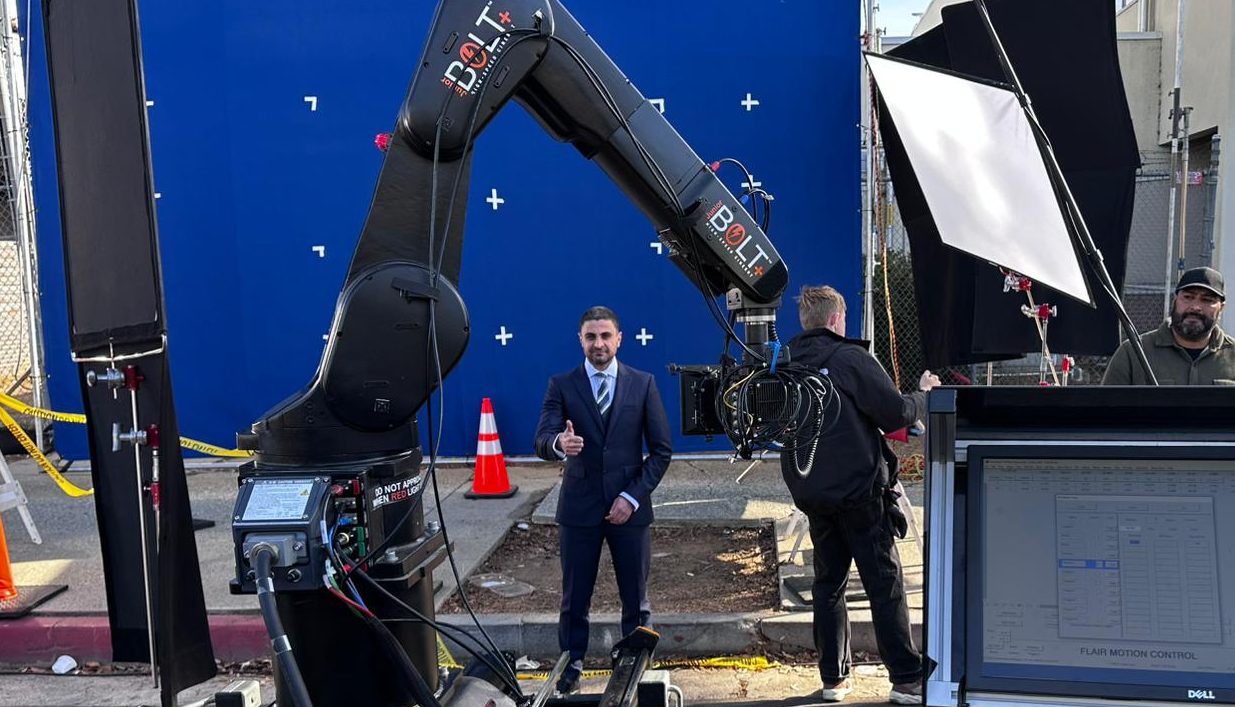
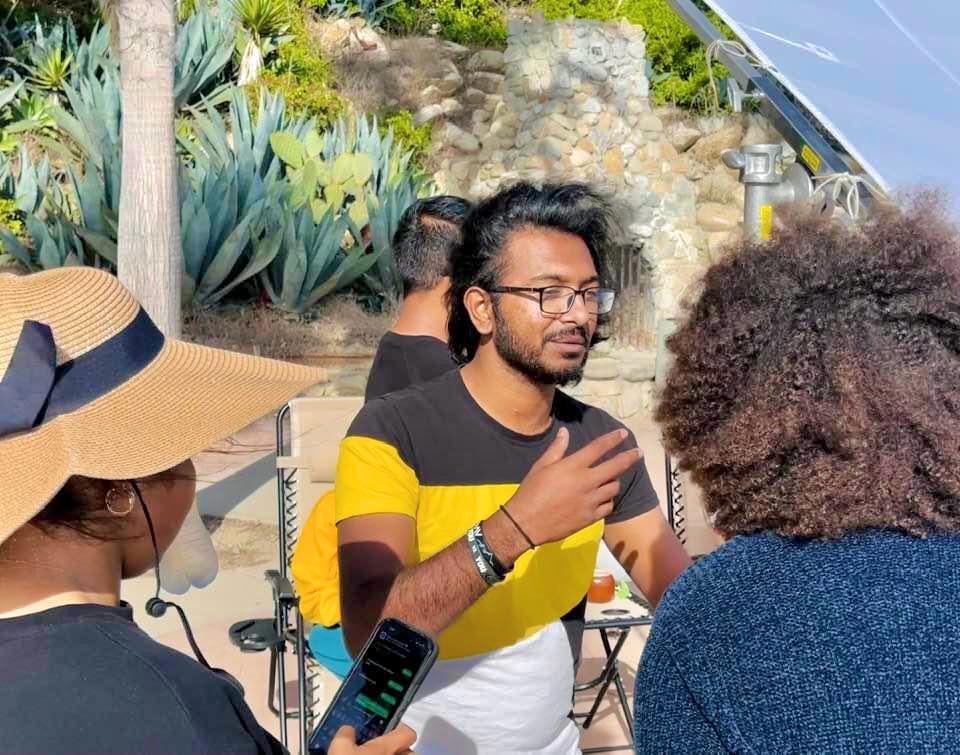
What can society do to ensure an environment that’s helpful to artists and creatives?
Supporting artists and creatives requires more than admiration. It needs active investment and real inclusion. Society must create accessible pathways for artists to learn, grow, and support themselves financially. This involves funding educational programs, mentorships, and affordable resources that reduce barriers to entry, especially for underrepresented voices facing systemic challenges.
We need to create environments where creatives can collaborate openly, share ideas freely, and receive constructive support instead of competition or gatekeeping. Celebrating diversity in storytelling enriches our culture and sparks innovation that helps everyone.
Additionally, society should see artists not just as entertainers but as vital contributors to social dialogue, cultural preservation, and emotional wellbeing. Policies that protect creative rights, ensure fair pay, and provide platforms to amplify voices are crucial.
In the end, a thriving creative ecosystem depends on empathy. It means valuing artists as individuals with dreams and challenges and supporting them in ways that promote long-term growth, resilience, and impact.
Contact Info:
- Website: https://surzofilmography.com/
- Instagram: https://www.instagram.com/surzoofficial/
- Facebook: https://www.facebook.com/surzoofficial/
- Linkedin: https://www.linkedin.com/in/surzoofficial
- Other: Craft Films LA – https://thecraftfilms.com
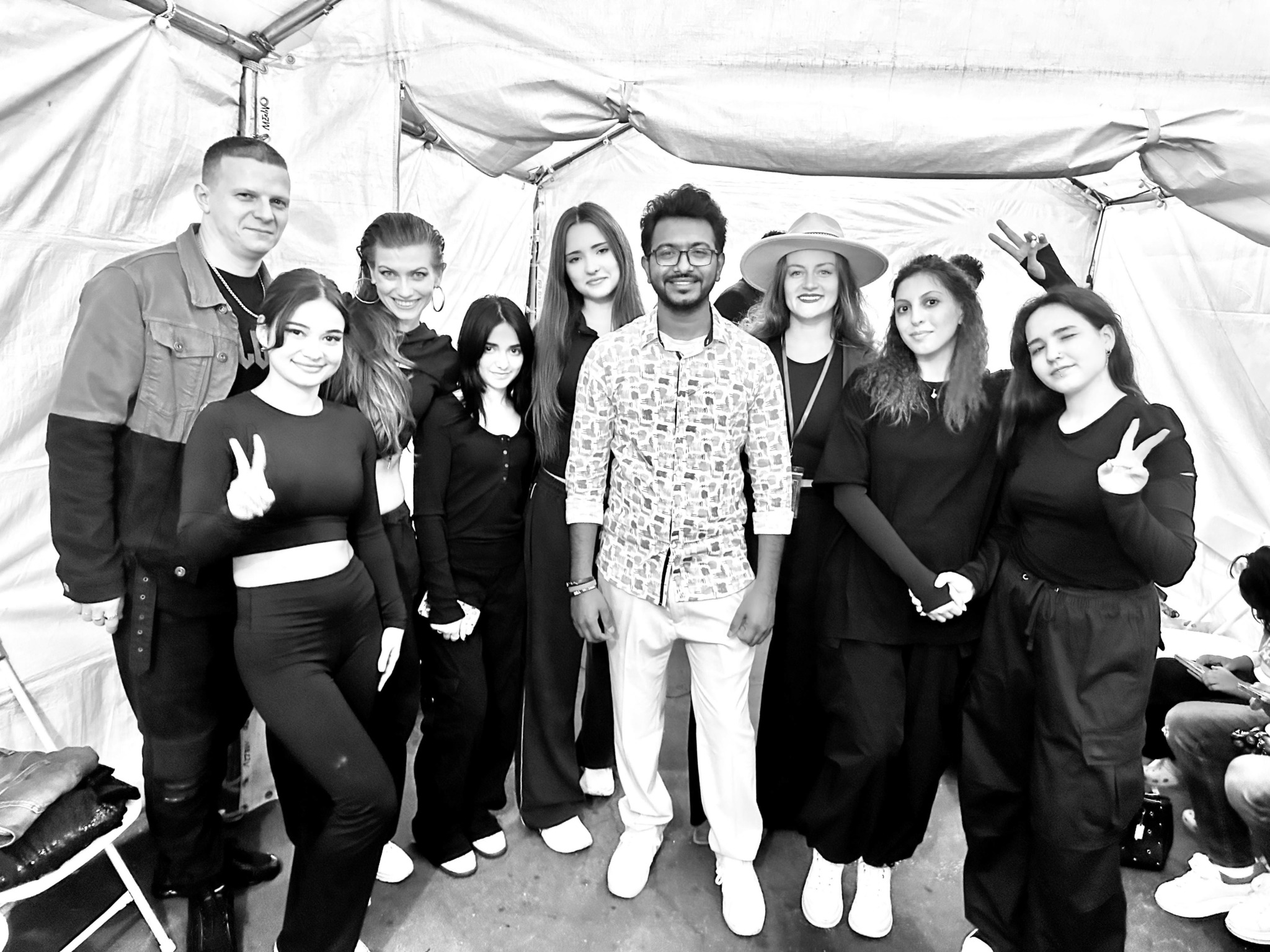
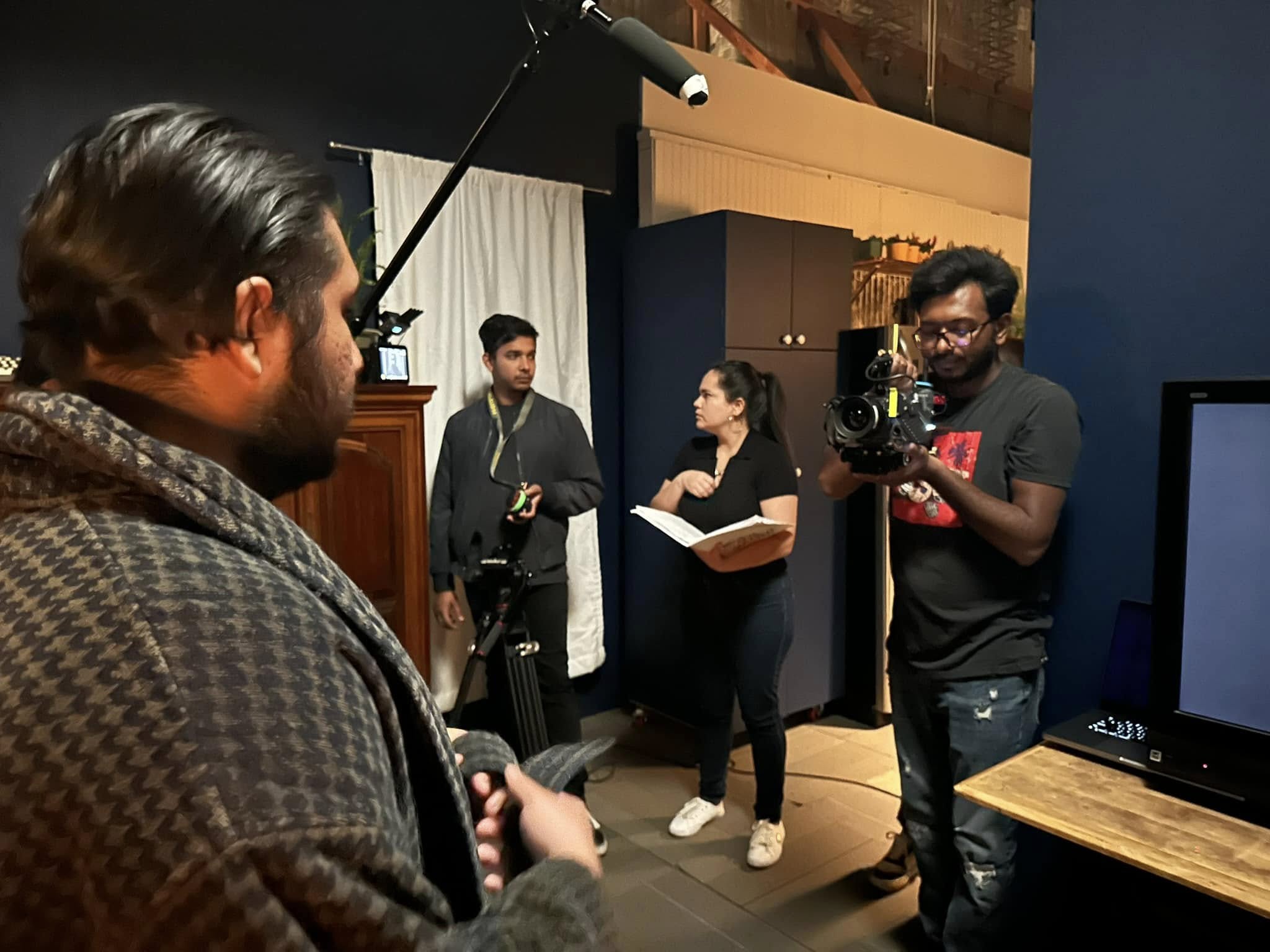
Image Credits
Craft Films LA


